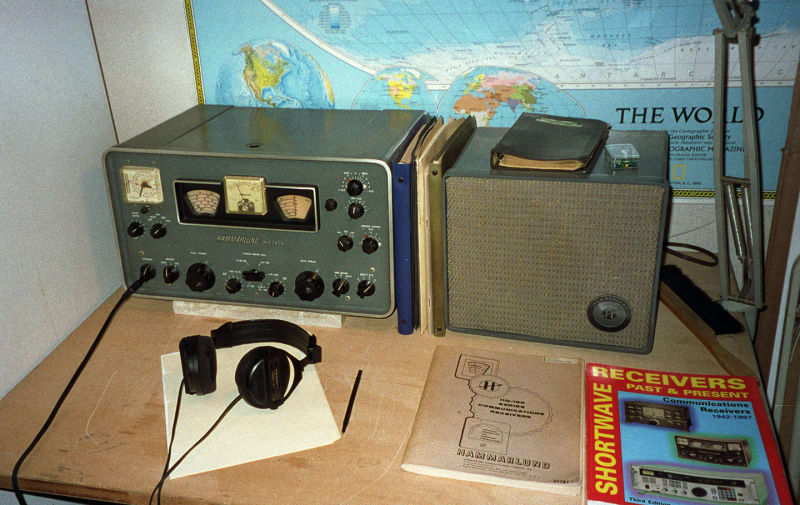Here's someone who recently took a stab at the question in the Wall Street Journal:
A portion of the article:
[blue]Why do relatively few women work in science, technology, engineering and mathematics? University of Washington lecturer Stuart Reges —in a provocative essay, “Why Women Don’t Code”—suggests that women’s verbal and analytical skills lead to career choices outside STEM. Mr. Reges’s critics say he is making women feel inferior by implying they aren’t interested in tech. I’m a female engineering professor with decades of experience as well as a background in the humanities and social sciences, so perhaps I can lend some perspective to the controversy.
I’ve observed that women tend to choose disciplines other than STEM, often for the reasons Mr. Reges mentions. Yet his argument is incomplete. An important but often neglected factor is the attitudes of undergraduate professors. Not STEM professors, but professors in the humanities and social sciences.
Professors have profound influence over students’ career choices. I’m sometimes flabbergasted at the level of bias and antagonism toward STEM from professors outside scientific fields. I’ve heard it all: STEM is only for those who enjoy “rote” work. Engineering is not creative. There’s only one right answer. You’ll live your life in a cubicle. It’s dehumanizing. You’ll never talk to anyone. And, of course, it’s sexist. All this from professors whose only substantive experience with STEM is a forced march through a single statistics course in college, if that.
The article points out that there are also good and bad bosses in the workplace and that bias happens all the time, especially in fields like nursing.
Oakley's final paragraph sums it up:
I have experienced bias in my career, but I also would not be where I am today without the strong support of many wonderful men. Women are vitally important to STEM. Professors outside these disciplines should stop mischaracterizing to poach the best students, who are often women. And it’s time for everyone to step back, take a breath, and acknowledge that good and bad bosses and co-workers exist everywhere.[/blue]
And another short article by the same author:
Check out Eng-Tips Forum's Policies here:
faq731-376





